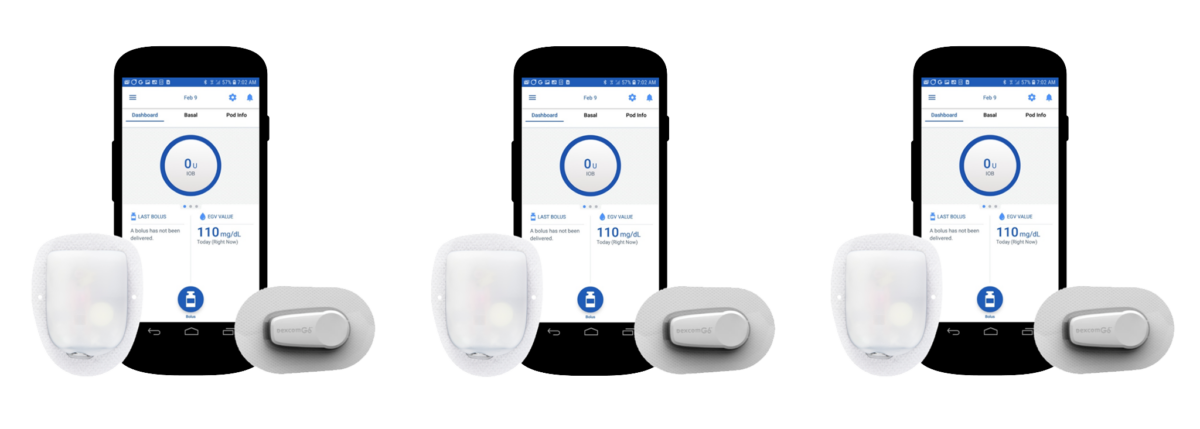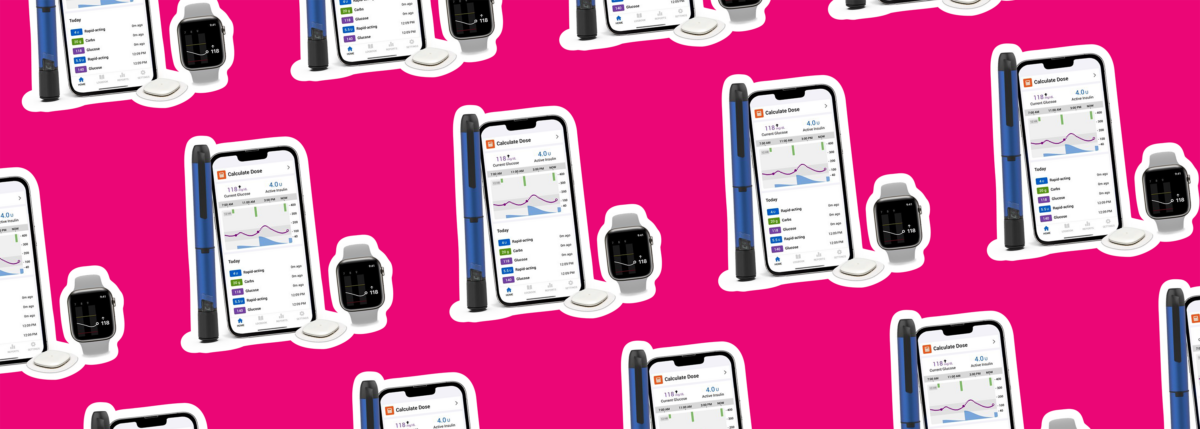Diabetes and Workplace Discrimination
Written by: Greg Brown
4 minute read
April 4, 2018
Diabetes discrimination in the workplace comes in many forms. Read this incredible story about what one woman with type 1 diabetes faced and what rights she learned.
Reports last fall that U.S. President Donald Trump believed he would at some point be able to replace Supreme Court Justice Sonia Sotomayor, who has type 1 diabetes, due to her health sparked outrage across the globe.
Trump reportedly said Sotomayor’s health was “no good” and insinuated her diabetes would cut short her court term. Sotomayor has had type 1 diabetes for most of her life having been diagnosed at 7 years old. She is, by all accounts, in excellent health. There is, conversely, no actual evidence her health might ever adversely affect her court tenure.
Workplace diabetes discrimination comes in many forms. The failure to hire or promote a person because of type 1 diabetes? Discrimination. The failure to provide an employee with reasonable accommodations to manage his or her diabetes on the job? Discrimination. Getting fired because of one’s diabetes? Discrimination.
Sadly, for many people with type 1 diabetes (T1D) who routinely face backlash and workplace discrimination because of their illness, the president’s shocking comments were simply not that shocking.
Among the many who were not shocked: Sara Crowley, who watched from Wales where she had come through her own personal battle with T1D and work place discrimination.
A Discrimination Story
Crowley runs a Twitter account called Type1 Hurdles. She was diagnosed with T1D three days after her third birthday. “It didn’t stop me as a child,” she said, “and I kind of got on with things the best I could really. I think it was more my parents’ worry when I was a kid. I just kind of did everything my friends did, and I never really thought it was anything to stop me.”
Her first job after graduating from college was a teaching position in Wales working with teenagers with behavioral challenges. Her first boss was incredibly understanding and accommodating around her T1D management. “My boss’s father had passed away of undiagnosed complications from diabetes,” Crowley said. “So if I needed time off, she was like, ‘Yep, you go to your appointments and you carry on and you come back to work when you’re ready.’ I didn’t really take any time off for sickness, just routine appointments and things.”
She felt supported. Treated equally. At the time she had nowhere else to compare her experience to. When that company closed, Crowley ran into sudden and severe discrimination issues with her next employer. At first everything was fine. Then Crowley experienced a severe eye bleed that took sight away in her right eye. She continued to work, only missing time for doctor’s appointments, through the treatment for the bleed. It would take her 18 months to regain sight in her right eye.
The comments were what first disturbed her. “They were always talking about my diabetes,” she said. “It was so strange. They were making a bigger deal of my diabetes than I ever did. And I was the one in the middle of losing my eyesight.”
Crowley began keeping an informal journal, writing down everything her bosses said about her health. Among the things she recorded: “I don’t know why you bother doing that. I don’t even think you’re diabetic. I think you make it up for attention.” The words came from one of her managers, after Crowley had checked her blood glucose level in the office.
“I think he meant it as a joke,” Crowley said, “but even if he did, what do you say? You’re in a roomful of people. I just looked down at my blood kit. On what planet would I make this up for attention? On what planet would I put myself through this for attention?”
Still experiencing reoccurring bleeds in her eye, Crowley took some medical time off over Christmas. The day she was to be signed off on as healthy by her doctor and go back to work, her company head called her and said not to bother coming back in. “They said they needed to cut their losses,” said Crowley. “I was basically sacked over the phone for health reasons. There are laws in this country. It’s not easy to fire someone here. Not once did I ever have a written or verbal warning towards my work, towards me. I just couldn’t believe this was actually all happening.”
This was in January 2015. What ensued was a brutal year-long legal battle that ended with very little justice. No fault was ever legally found against her employer.
“I still to this day don’t understand how I was able to lose my job,” said Crowley.
Sadly, this is how many T1D employment discrimination stories end.
Legal Protections
In the U.S., individuals with diabetes have the legal right to work free from discrimination under federal and state laws. The federal Americans with Disabilities Act and (for some jobs) the Rehabilitation Act of 1973, require employers to treat workers with diabetes fairly and equally to other workers. The protections, however, are available only when a worker’s medical condition constitutes a disability under the law.
Just ten years ago, diabetes was often hard-pressed to be categorized as a qualifying disability. In 2009, changes to the Americans with Disabilities Act made it clear that diabetes was covered by anti-discrimination laws.
Disability and inability to do a job or perform job functions are two separate things, though. A disability need not negatively affect a worker’s performance for the worker to be protected from discrimination. This is important to remember. Regardless of how you do your job, you’re protected.
Furthermore, under federal U.S. law, employers can’t ask workers whether they have a disability (including whether they have diabetes). Fishing questions during interviews—such as, have you ever passed out from low blood sugar, or do you take any medications?—are also illegal.
Many people struggle with the question of if and when they should tell their employer about their T1D. Sure, it’s your business, but only by disclosing your condition can you legally receive discrimination protections and reasonable accommodations in the workplace.
Tell your employer about your T1D after you get hired, even though it can be scary. Many have not and have later had no grounds to officially fight workplace medical discrimination. Be your first and best advocate. Never wave your rights.
The laws are one thing. But what about the day-to-day types of overt and less overt discrimination that those with T1D often face in the workplace? On-the-job discrimination is often more damaging than invasive questions. Just ask Crowley, whose story has come full circle.
Crowley is now the National Diabetes Transition coordinator for Wales for the National Health Service. She helps young people transition from receiving pediatric to adult healthcare services.
“I now work in diabetes because I didn’t know my rights then,” she said. “I probably should have known my rights, but I didn’t. I made it through some very dark places after losing my job. And now I want to go to bat for others.”
As for Sotomayor, for the record, Supreme Court justices are appointed for life, remaining on the bench unless they are impeached or choose to retire and it doesn’t look like that will happen anytime soon.
For more specific questions about your rights in the US, check out Beyond Type 1’s Employment Guide. If you are employed in Europe, visit the European Commission’s Employment, Social Affairs and Inclusion website.
Read The Employer’s Guide to Type 1 Diabetes, the ultimate resource for your employer.

Author
Greg Brown
Greg Brown is a freelance writer living in western Maine. He has written for Consumer Reports Magazine, Consumer Reports Online, The New York Times and the Chicago Tribune, among other publications. He can be found online at: www.yellowbarncreative.com.
Related Resources

Already compatible with Dexcom’s G6 and G7 continuous glucose monitors (CGMs), the Omnipod 5 Automated...
Read more

The younger a person is diagnosed with type 2 diabetes, especially those with obesity, the...
Read more

The Oura Ring, which tracks things like sleep, heart rate, and activity, is joining forces...
Read more

